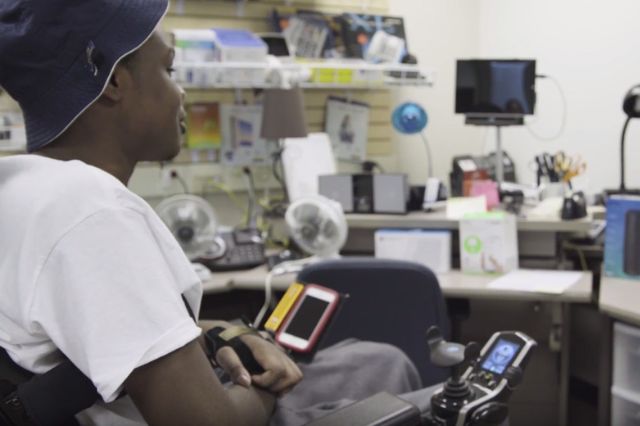What is Neurogenic Bladder?
Understanding the causes and impact of neurogenic bladder
Neurogenic bladder is a urinary tract dysfunction caused by damage to the nervous system. In a healthy urinary system, nerve signals between the bladder and the brain coordinate the timing and coordination of bladder muscle contractions.
In the case of a neurogenic bladder, the normal communication between the nerves and the bladder is disrupted, resulting in a loss of bladder control and problems such as leaking or incontinence.
Without appropriate treatment, a neurogenic bladder can have detrimental effects on the urinary system, including damage to blood vessels. This increases the risk of secondary complications such as urinary tract infections, kidney damage, or bladder stones.
Understanding the Causes and Types of Neurogenic Bladder
Neurogenic bladder often arises due to a spinal cord injury or a neurological condition such as brain injury, stroke, or multiple sclerosis. These conditions can disrupt the normal nerve signals between the brain and the bladder, leading to dysfunction. The common types of neurogenic bladder include:
Stress Incontinence
Stress incontinence is characterized by the involuntary loss of urine during activities that exert pressure on the bladder, such as coughing, laughing, sneezing, or physical activity. It typically occurs due to weakened pelvic floor muscles supporting the bladder and urethra.
Overflow Incontinence
Overflow incontinence is a condition that occurs when the bladder becomes overly full and urine spills over, resulting in involuntary leakage. This type of incontinence is often associated with blockages or obstructions in the bladder, which prevent complete bladder emptying.
Urge Incontinence
Urge incontinence is the result of an overactive bladder or unwanted bladder contractions. It is characterized by sudden and intense urination urges, sometimes leading to involuntary urine leakage.
Recognizing When to Report Bladder Symptoms to Healthcare Provider
If you notice any changes in bladder symptoms, such as urinary incontinence, increased urine frequency, or difficulty emptying the bladder, it is important to notify your healthcare provider for appropriate treatment and management.
At the Urology Clinic at Shepherd Center, we specialize in complicated urological cases following a neurological injury or condition. Our dedicated team of urologists are committed to mitigating potential risks and enhancing overall bladder function, providing comprehensive care tailored to your individual needs.





